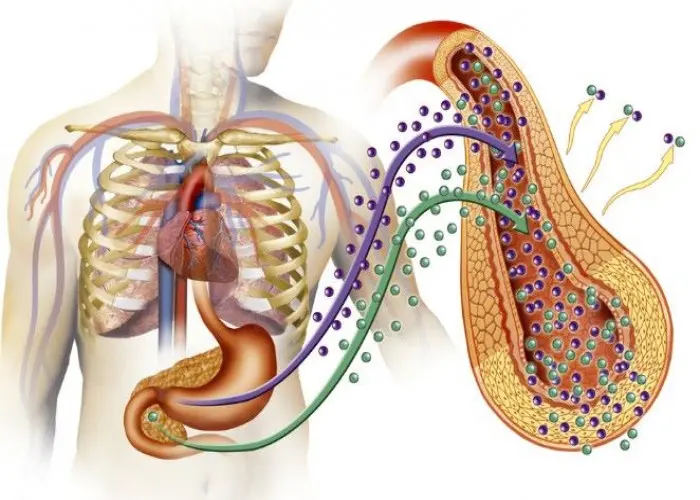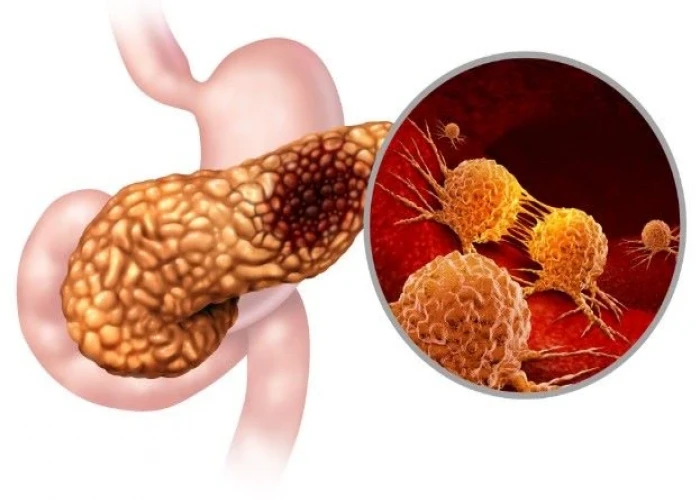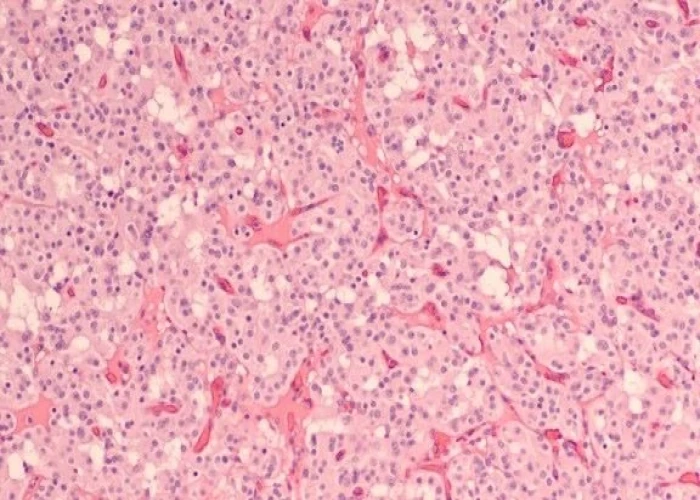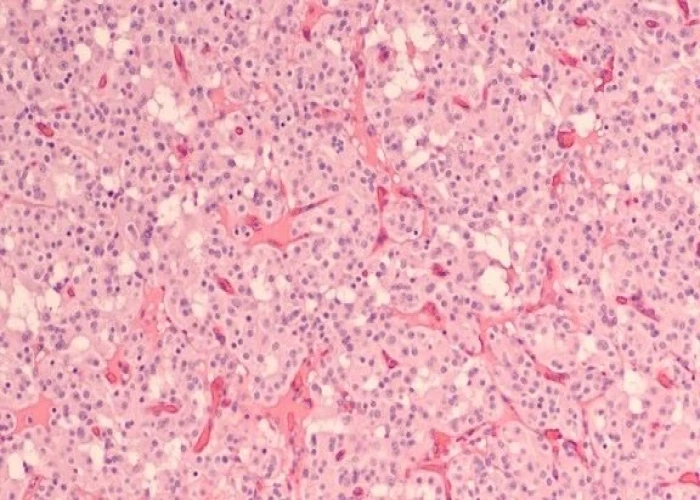 Welcome
Welcome
“May all be happy, may all be healed, may all be at peace and may no one ever suffer."
- A
- B
- C
- D
- E
- F
- G
- H
- I
- J
- K
- L
- M
- N
- O
- P
- Q
- R
- S
- T
- U
- V
- W
- X
- Y
- Z
Pancreas - Diseases
The pancreas is a glandular organ located in the abdomen, behind the stomach. It is a vital organ that plays a crucial role in the digestion and regulation of blood sugar levels in the body.
The pancreas is a part of both the endocrine and digestive systems. As an endocrine gland, it produces hormones such as insulin and glucagon, which regulate the amount of sugar in the blood. As a digestive gland, it produces enzymes that help break down carbohydrates, proteins, and fats in the small intestine.
The pancreas has two main parts: the exocrine pancreas and the endocrine pancreas. The exocrine pancreas produces digestive enzymes that are released into the small intestine, while the endocrine pancreas produces hormones that are released into the bloodstream.
Disorders of the pancreas can include pancreatitis, pancreatic cancer, and diabetes mellitus. Pancreatitis is an inflammation of the pancreas, while pancreatic cancer is a malignant tumor that can spread to other parts of the body. Diabetes mellitus is a chronic condition that occurs when the pancreas does not produce enough insulin or the body cannot use it effectively.

Cochlea Inner ear
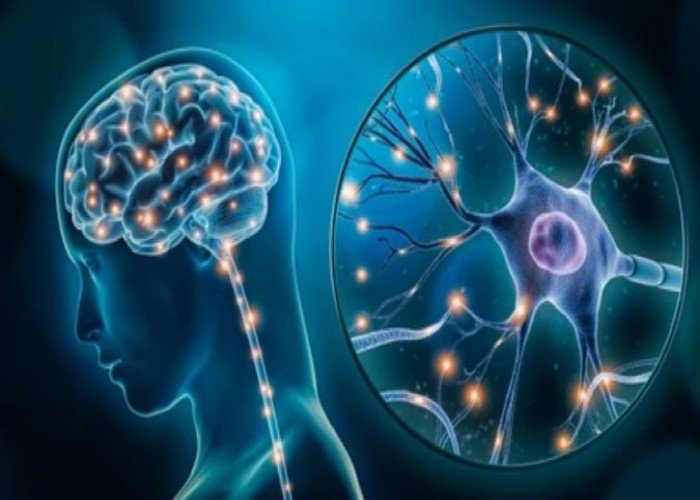
Nerves

Spinal Nerves
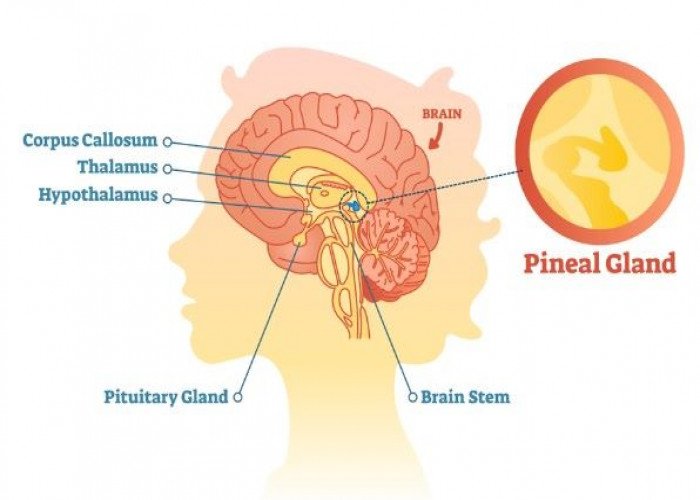
Pineal gland
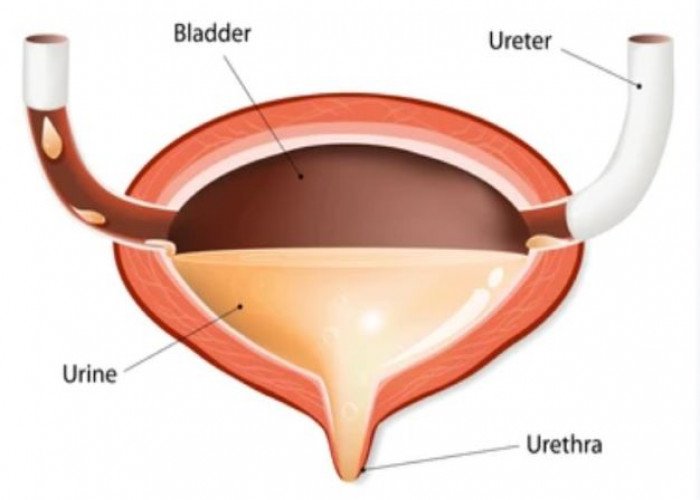
Urethra

Cranial Nerves
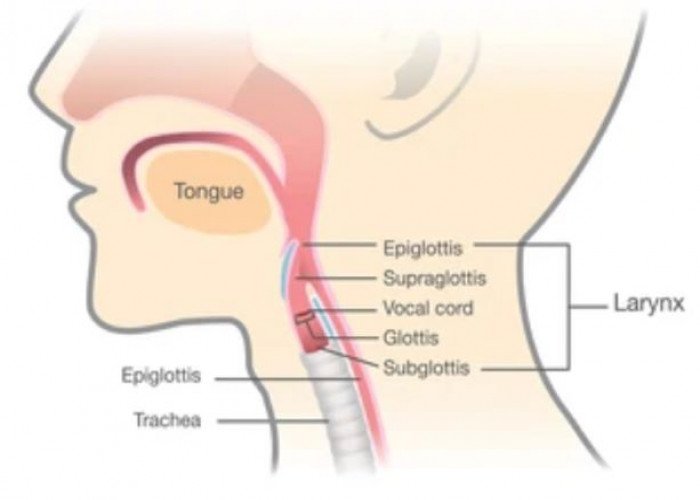
Larynx

Pelvic
Pancreas, Pancreatitis, অগ্ন্যাশয়
To be happy, beautiful, healthy, wealthy, hale and long-lived stay with DM3S.




